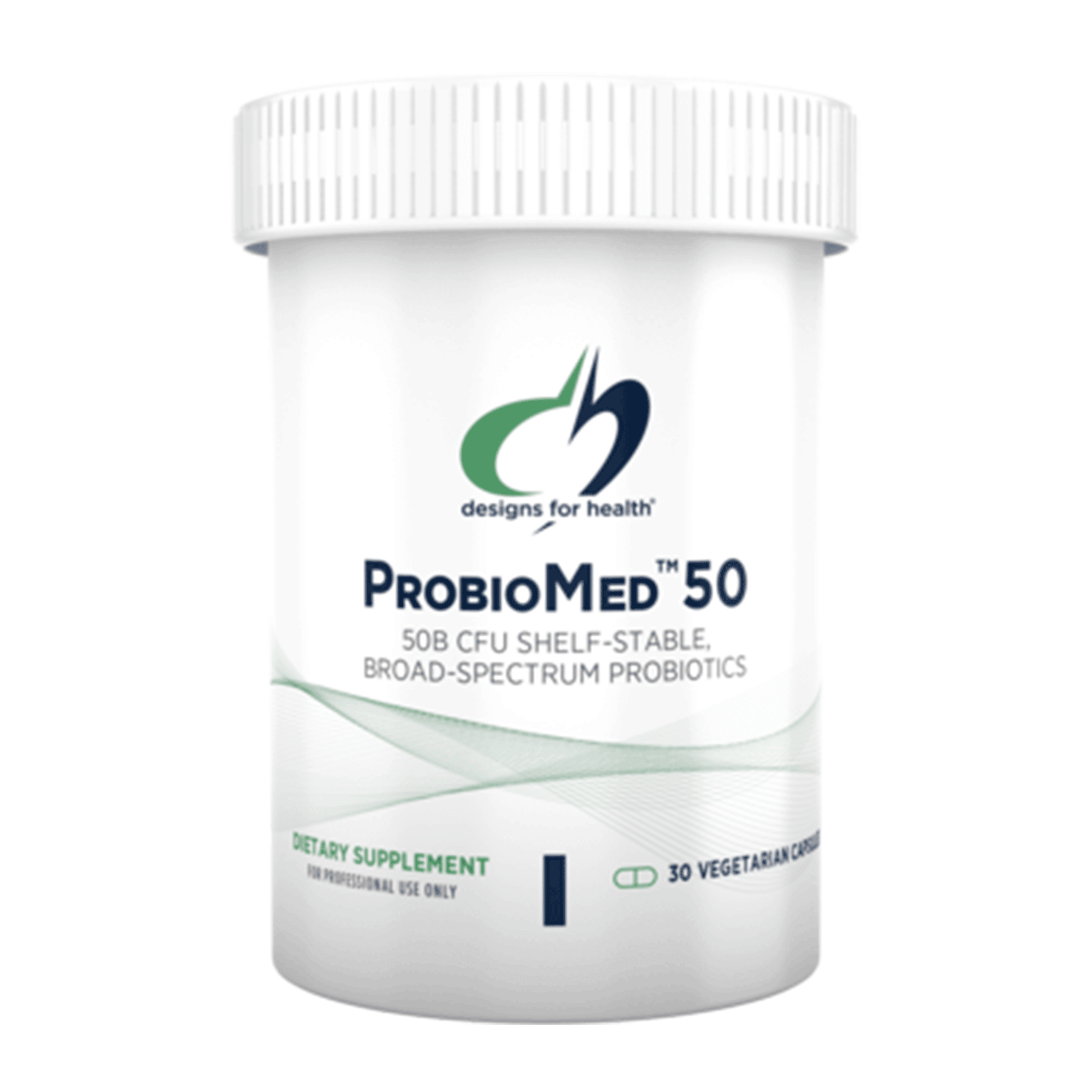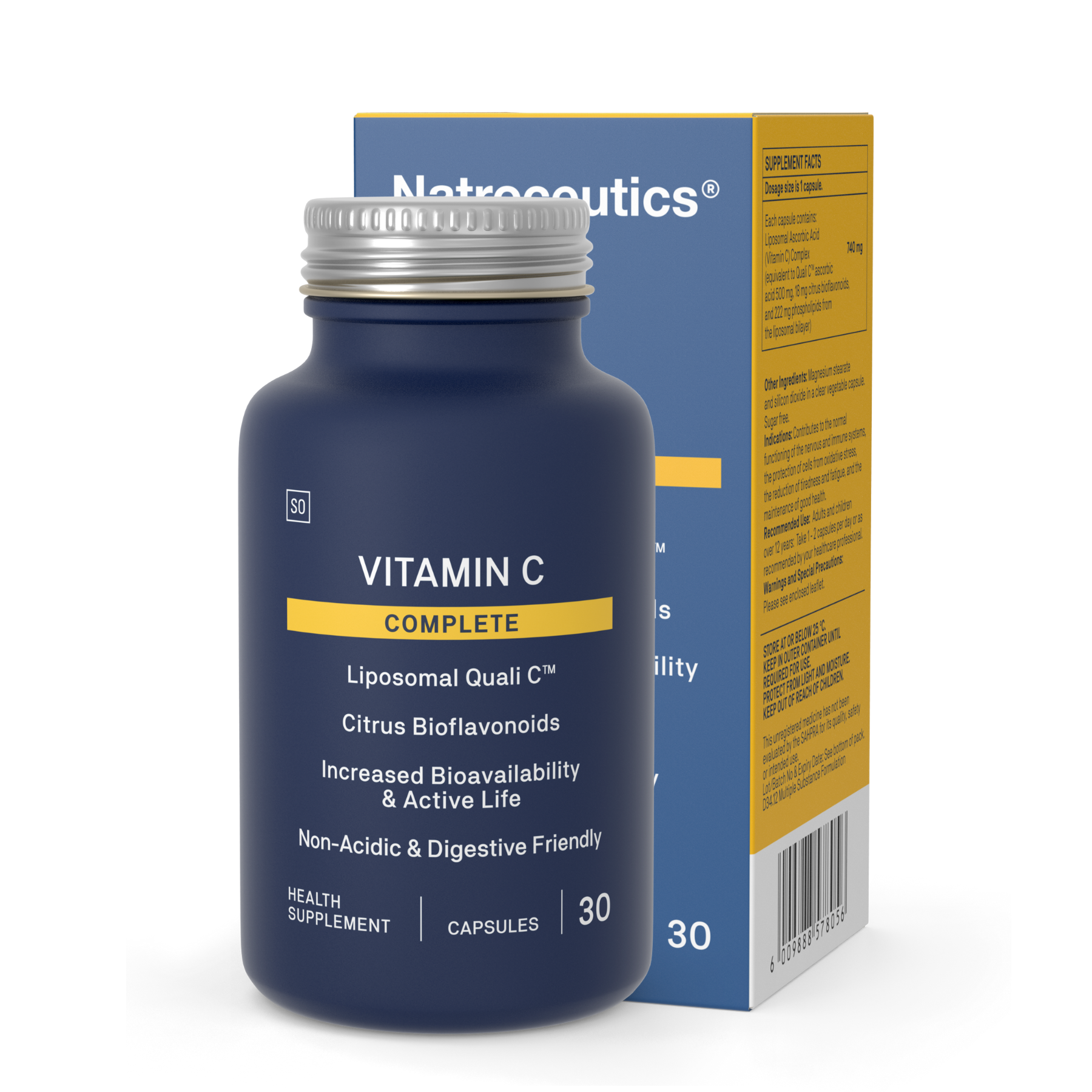
Naturopathic & functional medicine
Treat the root cause of your concern with nutrition, homeopathy and world class supplements.
Learn more

Psychology, counselling & coaching
From diagnosis to support; our psychotherapists, counsellors and coaches are here for you.
Learn more

Bodywork &
energy medicine
Osteopathy. Craniosacral therapy. Acupuncture. TCM. Nourish your physical and energetic body.
Learn more

Labs, IV &
conventional medicine
Advice from our family GP, medical testing from allergies to digestion and IV therapy.
Learn more

Sereni-Pro™
[90 capsules]Enhance your ability to adapt under stress with soothing herbs.
HKD235.00
practitioner favourite

Magnesium Glycinate | Malate
[100 capsules]This supplement is a powerful antidote for low levels of magnesium, helping promote better emotional wellbeing, and a sense of inner calm.
HKD225.00

Probiomed 50™
[30 capsules]ProbioMed 50 contains 50 billion probiotics per capsule, so that you can maximise your digestive health in one dose.
HKD465.00

Natroceutics Vitamin C Complete
[30 capsules]Superior levels of bioactive Vitamin C, with advanced liposomal delivery technology for maximum benefits.
HKD195.00

Meet our practitioners
Peace of mind comes as standard. Our practitioners’ treatments are properly regulated and follow a strict code of ethics.
Meet us

Your health, online
Better wellbeing, at the click of a button. No matter where you are in the world, you can always receive quality healthcare.
Online consultations

Corporate wellness
Interactive health talks and urban wellness retreats for business leaders and employees.
Inspiring healthier businesses

Our healing vision
Seven interconnected factors that form the foundation of your health. Learn how each influences your wellbeing.
Learn more

































'%3e%3cg%20id='Group_40'%20data-name='Group%2040'%20clip-path='url(%23clip-path)'%3e%3cpath%20id='Path_45'%20data-name='Path%2045'%20d='M23.55,44H20.457c-.123-.028-.245-.066-.37-.083-.736-.1-1.481-.155-2.208-.3a21.577,21.577,0,0,1-13.2-8.085,21.482,21.482,0,0,1-4.459-16.6A20.745,20.745,0,0,1,5.335,7.652,21.54,21.54,0,0,1,25.058.2,20.789,20.789,0,0,1,36.271,5.248a21.634,21.634,0,0,1,7.392,12.913c.136.757.226,1.523.337,2.284v3.1c-.094.692-.167,1.387-.287,2.074A21.768,21.768,0,0,1,36.981,38.1a21.477,21.477,0,0,1-11.108,5.555c-.77.136-1.548.229-2.323.341M9.457,21.975c0,1.776-.039,3.553.011,5.327a7.607,7.607,0,0,0,1.453,4.542,7.129,7.129,0,0,0,5.74,2.691c1.931.078,3.865.113,5.8.084a54.556,54.556,0,0,0,6.3-.278,6.248,6.248,0,0,0,5.388-4.6,11.62,11.62,0,0,0,.441-3.692c-.018-3.407-.033-6.816-.133-10.221A6.349,6.349,0,0,0,33.06,12.1a7.045,7.045,0,0,0-5.8-2.651c-3.506-.057-7.014-.04-10.521,0a7.593,7.593,0,0,0-4.267,1.231,7.01,7.01,0,0,0-3,5.967c-.064,1.773-.013,3.551-.013,5.327'%20fill='%23fff'/%3e%3cpath%20id='Path_46'%20data-name='Path%2046'%20d='M21.981,11.566c1.971.066,3.932.089,5.887.21a4.372,4.372,0,0,1,4.338,4.356c.123,3.145.12,6.3.12,9.446a14.831,14.831,0,0,1-.267,3.11A4.215,4.215,0,0,1,27.911,32.2c-3.187.111-6.379.117-9.569.119a14.288,14.288,0,0,1-3.024-.261A4.206,4.206,0,0,1,11.8,27.916c-.112-3.175-.121-6.354-.121-9.532a14.84,14.84,0,0,1,.272-3.11,4.249,4.249,0,0,1,4.12-3.495c1.969-.119,3.945-.146,5.909-.213m6.487,10.447a6.466,6.466,0,1,0-6.475,6.448,6.429,6.429,0,0,0,6.475-6.448m.287-5.26a1.508,1.508,0,1,0-1.515-1.486,1.515,1.515,0,0,0,1.515,1.486'%20fill='%23fff'/%3e%3cpath%20id='Path_47'%20data-name='Path%2047'%20d='M21.983,26.2a4.211,4.211,0,1,1,4.229-4.169A4.193,4.193,0,0,1,21.983,26.2'%20fill='%23fff'/%3e%3c/g%3e%3c/g%3e%3crect%20id='Rectangle_1422'%20data-name='Rectangle%201422'%20width='46'%20height='46'%20fill='none'/%3e%3c/svg%3e)